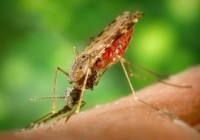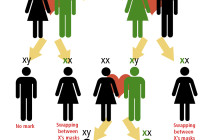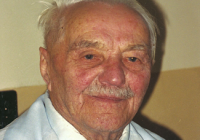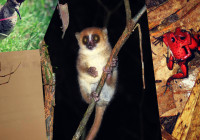New research sheds light on the development of a rare disease
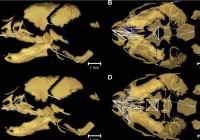
Rare diseases are notoriously difficult to diagnose and treat. There are a number of reasons for this, but chief among them is the very fact of their rarity. With only small patient numbers, it can be challenging to carry out research leading to new diagnostics and treatments. Today is Rare Disease Day, a movement which… Read more »


